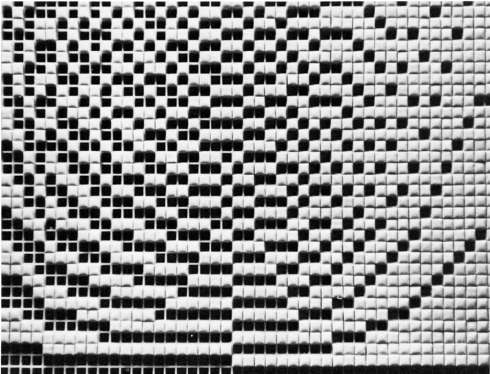presented in association with Canyon Cinema Foundation
Admissions: $10 General Admission / $6 Cinematheque members
Advance tickets here
Tony Conrad (1940–2016) was the subject of an NEA-funded Immersive Cinema residency hosted by Cinematheque in 2009. Following Cinematheque's March 24 screening of Tony Conrad: Completely in the Present, Tyler Hubby’s rich and loving portrait of Conrad, we are proud to present tonight's screening of five 16mm films by Conrad. Additionally, a 2009 interview with Conrad by Cinematheque’s Artistic Director Steve Polta is available here for the very first time. PLEASE NOTE that the documentary film will not screen tonight.
Composer, filmmaker, conceptual artist, media activist, radical mathematician and more, Tony Conrad was one the most influential and inspiring American artists of his time. Known for musical works that push issues of drone, repetition and duration into forms evoking of infinity, Conrad’s work with visual minimalism and flicker is equally ecstatic and overwhelming. Tonight’s screening includes Conrad’s “notorious” 1966 film The Flicker—a maximalist masterpiece in black-and-white frames—as well as The Eye of Count Flickerstein, Articulation of Boolean Algebra for Film Opticals, Straight and Narrow and Film Feedback.
"By the mid-1960s I had been drawn to film because of its hopelessly shabby integrity, and also because of its restive and anarchic aspects, which implicitly challenged the progressivism of the art market. At the same time, and perhaps even because of its unruliness and freedom from the market, I felt that film could be used to construct esthetic challenges that the existing market disciplines in art did not, would not, or could not touch. It seemed to me quite rational to look to the border regions of art for its greatest mobility and interest. After all, it had been within music, not painting or sculpture, that the most radical artistic challenges of the early 1960s had appeared." — Tony Conrad
Download program notes
